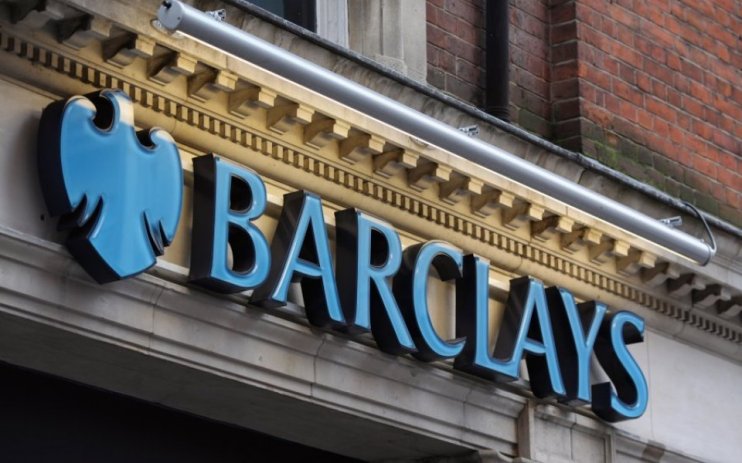Barclays calls on retailers to help stop mounting BNPL debt crisis

Barclays has sounded the alarm over rising buy-now pay-later debt today and called on retailers to step up and protect shoppers, warning that 876,000 Brits could be plunged into unmanageable debt this year without intervention.
New research from the bank’s partner finance arm – which offers its own buy-now pay-later style product for bigger purchases – and debt charity Step Change found that shoppers were turning to BNPL products amidst a cost of living crunch, with 36 per cent of consumers saying that BNPL products had become more appealing since inflation and energy costs began to climb.
Retailers are also braced for soaring demand for BNPL products, the research found.
Merchants that offer BNPL credit estimated that the products will account for 22.1 per cent of sales by the end of 2022, rising from 18.7 per cent today.
Boss of Barclays Partner Finance Antony Stephen said that retailers were “a vital gatekeeper” in the lending process and played a crucial role in performing due diligence on shoppers.
“However tempting it may be to evaluate BNPL payments purely on their acceptance rates or merchant fees, they need to go further and look at how responsible the lending process is behind each transaction,” he said.
“Our research shows that the ambition is there: around nine in 10 retailers support Barclays’ view that all credit providers should be subject to the same checks and balances. Businesses such as Amazon and Apple, who have already chosen to partner with regulated providers like Barclays, deserve credit for prioritising good customer outcomes over short-term profits.”
Barclays said it was “worrying” that many retailers do not fully understand the credit options they are offering up to customers, and said its research uncovered “sizeable knowledge gaps” about the pitfalls of unregulated lending.
Around 54 per cent of retailers wrongly think that most BNPL companies perform a full credit check before deciding to lend money to a consumer, Barlcays said, and 52 per cent mistakenly believe that all BNPL brands report their lending to the UK credit reference agencies.
The warnings come after the Treasury unveiled its plans to regulate the BNPL sector this week, with measures including requiring BNPL firms to perform affordability checks and bringing the firms within the remit of the Financial Ombudsman Service.
Concerns have grown over the use of the products for essentials as the cost of living rises.
Research from Hargreaves Lansdown in March found that nine per cent of people had used BNPL schemes to cover essentials.